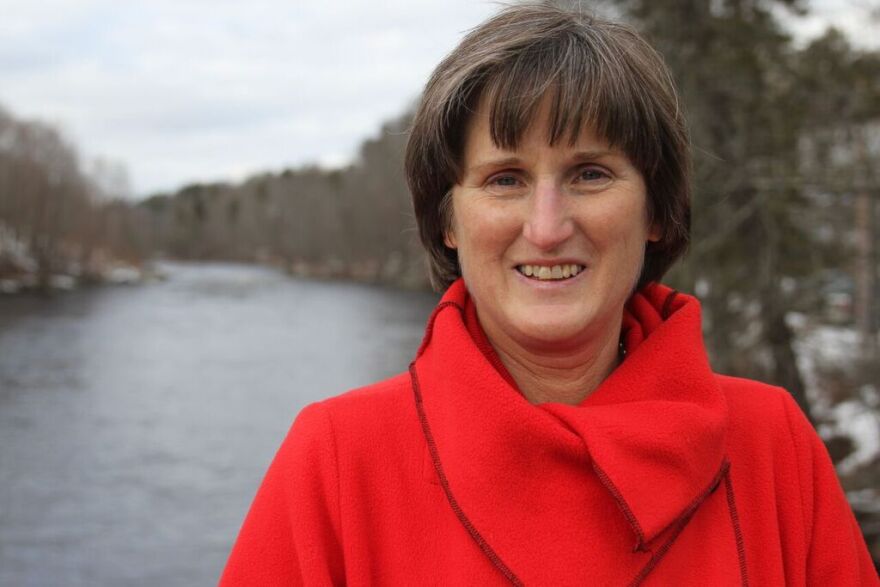New Hampshire’s Office of the Child Advocate is launching a review of some practices used by residential youth facilities in the state.
Child Advocate Moira O’Neill is taking a look at how both private centers and the state-run Sununu Youth Center use restraint and seclusion among children in care.
NHPR's Morning Edition Host Rick Ganley spoke with O'Neill about what she's hoping to understand through her review.
(Editor's note: this is a partial transcript from the NHPR interview that has been lightly edited for clarity.)
New Hampshire has about 400 children who are placed in residential or institutional facilities and also a few at the Sununu Youth Services Center. Some people will describe some of these children as the worst of the worst. We try to avoid that kind of characterization. Generally, these are children who have experienced abuse and neglect. Some of them have been quite traumatized. Some of them have developmental disabilities. And overall, most of them have been placed in facilities because of behaviors.
Our concern is that when children have problematic behaviors, we want to be sure that we are assessing and understanding why they have those behaviors. What is it that they're trying to communicate to us? What are the antecedents? What happens that causes a child to behave a certain way? And what is the treatment that we've developed around that so that children are able to develop more internal controls and communicate in more healthy ways?
I would imagine that you are seeing children in many cases that are being restrained multiple times and these behaviors are not being addressed, or the reasons that these behaviors are coming forth all the time or not being dealt with.
Right. So this is the third point that it's important to make is the importance of reporting the use of restraint and seclusion. And that's very clear in the law that we have to collect information about when these things happen. And we have to report that. Now, the the law requires that the department develop rules around how the reporting happens and how the department oversees that. Currently, what happens is the facility will report to a caseworker or to a juvenile probation and parole officer that a restraint or seclusion has taken place. But there isn't any centralized monitoring of that.
"Generally, these are children who have experienced abuse and neglect. Some of them have been quite traumatized. "
And so what happens is you're not seeing patterns of the use of restraint in seclusion. So right now, all we have, according to the law, is an annual, aggregate report that goes to the legislature. So that tells you that the use of restraint and seclusion is very important. The reason that it's in law, the reason that it has to be reported is that because it's a very dangerous intervention. People have died in many states because they were restrained in a certain way. And we know from research that has very negative impacts on people, their health and well-being.
So this one report that goes to the legislature every year, it's in the aggregate. It doesn't give us details about was it one child that was restrained many times? Is it one staff person who hasn't been trained quite well to understand how to de-escalate the situation? Is it a treatment program that's just not working or a child in the wrong treatment program? Even the time of day -- does it happen when we're transitioning from school to afternoon? We don't know those things. And that's why reporting is so important. So we can understand those patterns to understand how can we minimize the use of these interventions.







